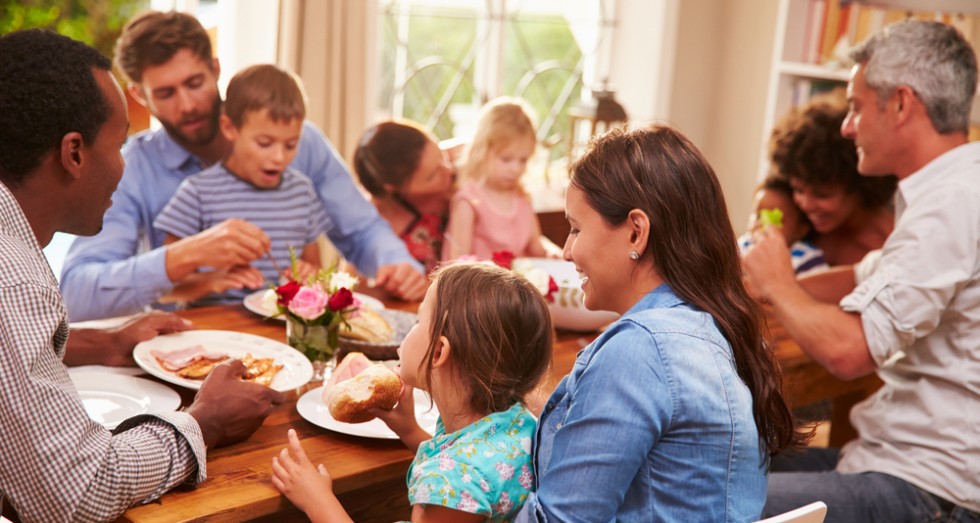How To Put On A Fantastic Family Reunion

In today’s fast-paced world, family gatherings have become more important than ever. Research shows that family reunions have been gaining popularity over the last few decades, with a whopping 63% of people saying they’ve been to one at some point. Whether it’s a public holiday, a special occasion, or just a chance to catch up, planning a family reunion can be a bonzer experience. This comprehensive guide will help you create a memorable one for your extended family.
Table of Contents
- Start Early: Give Yourself Plenty of Time
- Choose the Perfect Location
- Share the Work and Expenses
- Communicate Effectively
- Plan Engaging Activities
- Preserve Family History and Traditions
- Cater to All Generations
- Document the Event
- Follow-Up After the Reunion
- Be Flexible and Open to New Ideas
1. Start Early: Give Yourself Plenty of Time
Planning a successful family reunion requires time and effort, mate. Most family reunions are planned 6-12 months in advance, and for good reason. It gives the rellies time to save some dosh for travel and sort out time off work. You’ll have ample time to address all the details and potential dramas. Early planning increases your chances of nabbing your desired venue, too.
Creating a Planning Committee
A top tip is to create a planning committee to distribute tasks and get more family members involved in the process. This way, you’re not left doing all the hard yakka yourself. For a detailed breakdown of tasks, check out our event planning checklist.
2. Choose the Perfect Location
The location of your family reunion can make or break the event. Consider how easy it is for all family members to get there, whether it’s in the city or out in the bush, and if it’s indoors or outdoors (don’t forget to think about the weather, cobber). For some inspiration on great outdoor locations, have a gander at our guide to the best event locations for marquees in Melbourne.
Weather Protection
For outdoor events, consider hiring a marquee to protect against unpredictable weather. If you’re hosting at home, make sure you’ve got enough space for everyone to comfortably gather without feeling like sardines in a tin. Not sure what size marquee you need? Our guide on choosing the right marquee size can help you out.
4. Communicate Effectively
Clear communication is key to a successful family reunion. Create a dedicated social media group or use platforms like Facebook events to keep everyone in the loop. Be upfront about the purpose and structure of the reunion, and share a detailed schedule of activities with all participants.
5. Plan Engaging Activities
Keep your family reunion lively with a mix of activities. You could organise a Family Olympics with a series of fun, competitive games for all ages. How about a talent show to encourage family members to showcase their unique abilities? A family trivia quiz about your shared history could be a right laugh. Don’t forget to include some outdoor activities like relay races that promote teamwork and friendly competition. For more ideas on outdoor activities, check out our guide to hosting the ultimate outdoor party.
6. Preserve Family History and Traditions
Use the reunion as an opportunity to strengthen family bonds. Create a family recipe book with contributions from various family members. Display a family tree and encourage attendees to fill in any missing information. You could even host a “Crucible Moment” sharing activity where family members can share life-changing experiences.
7. Cater to All Generations
Make sure your reunion appeals to all age groups. Plan activities that bridge generational gaps and create opportunities for different generations to share their experiences. It might be worth having separate spaces for the littlies, teens, and adults. If you’re including kids, our tips for decorating a kids’ marquee party might come in handy.
8. Capturing the Memories
Don’t forget to preserve memories of your family reunion. Assign a family member to be the official photographer. Create a scrapbook or digital photo album to share after the event. You could even consider recording a family podcast or video interviews during the reunion.
9. Follow-Up After the Reunion
Keep the family connection strong even after the event. Send a summary or highlights of the gathering to all participants. Share photos and videos through a shared online platform. It’s a good idea to start discussions about the next reunion while everyone’s still buzzing from this one.
10. Be Flexible and Open to New Ideas
As your family grows and changes, be open to adapting your reunion traditions. You could rotate the responsibility of being the “reunion chair” each year. Encourage suggestions for new activities or themes for future reunions. Be willing to change locations or formats to accommodate changing family needs.
